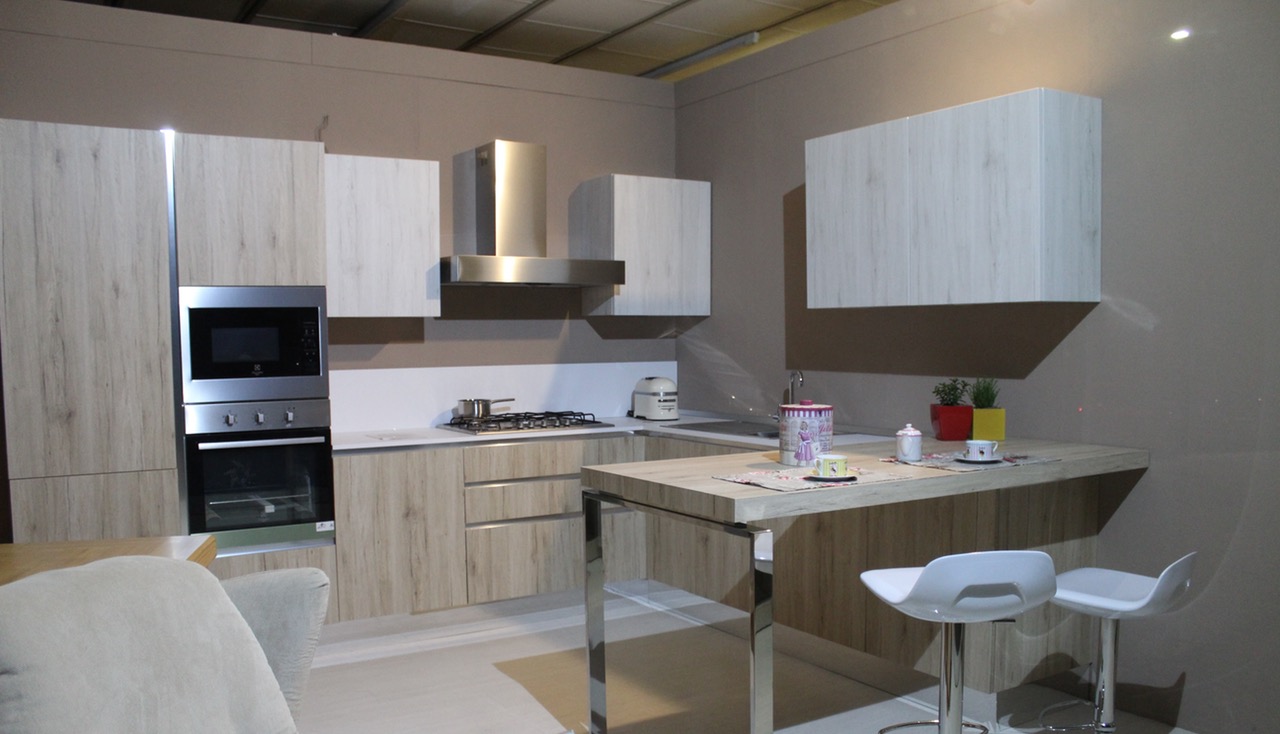We all fill our homes with numerous gadgets. From our fridges to our security alarms, all of them make our lives easier.
But the internet of things is expected to change these gadgets for the better, helping us reduce risk, and making it easier for home insurance companies to work out what our premiums should be. This means more accurate coverage- a win for people who are going out of their way to reduce risk.
These smart devices will reduce risk by making it less likely that you’ll have a costly incident at home. They’ll all eventually be connected to our smart devices, increasing our quality of life. And it’s not far away either- we can expect there to be around 50bn worth of smart devices around the world by 2020.

Some of these devices include security cameras, automatic heating and A/C, solar panels, and more, all connected to our iPhones.
Companies around the world will also be better positioned to take advantage of Big Data. This is particularly true for insurance companies. They can take data from hundreds of thousands or even millions of sources. They’ll then use that data to look at risk and coverage. This means that if you’re a responsible individual, you’ll pay less compared to people who have riskier habits.
To understand how the IOT and smart devices can greatly impact our lives and reduce risk, let’s take a look at two different scenarios
If you were cooking dinner, and had a pot on your stove hob, and received a call, you could end up distracted. In this scenario, the hob is left alone while you take your call. All of a sudden, some kitchen roll catches on fire. You’re still on a call, so it’s not until the fire begins to spread and your fire alarm sounds that you realise anything is happening. This makes it very likely that the kitchen will be significantly damaged.
Now consider another scenario. If you had a “smart” stove, you would receive a notification to your smartphone letting you know that the hob was on. You could then immediately switch the hob off, avoiding the accident and any damage to the kitchen.
This would mean that people with smart devices would be less risky for insurance companies. And that would therefore mean that they could enjoy lower home insurance premiums since the chances of them making a claim are reduced compared to people who don’t have these devices.
Along with reducing risk, these devices would simply make life easier. If you realised you had left the house and left the stove on, you could turn it off remotely from your smartphone. You would also be able to control your heating and A/C remotely, ensuring that your home will already be at the optimal temperature when you get home from work.
Of course this technology will likely have larger costs included as well and would need to be insured. But the Internet of Things is likely to chance the way we live, and our insurance premiums significantly.










Comments are closed.